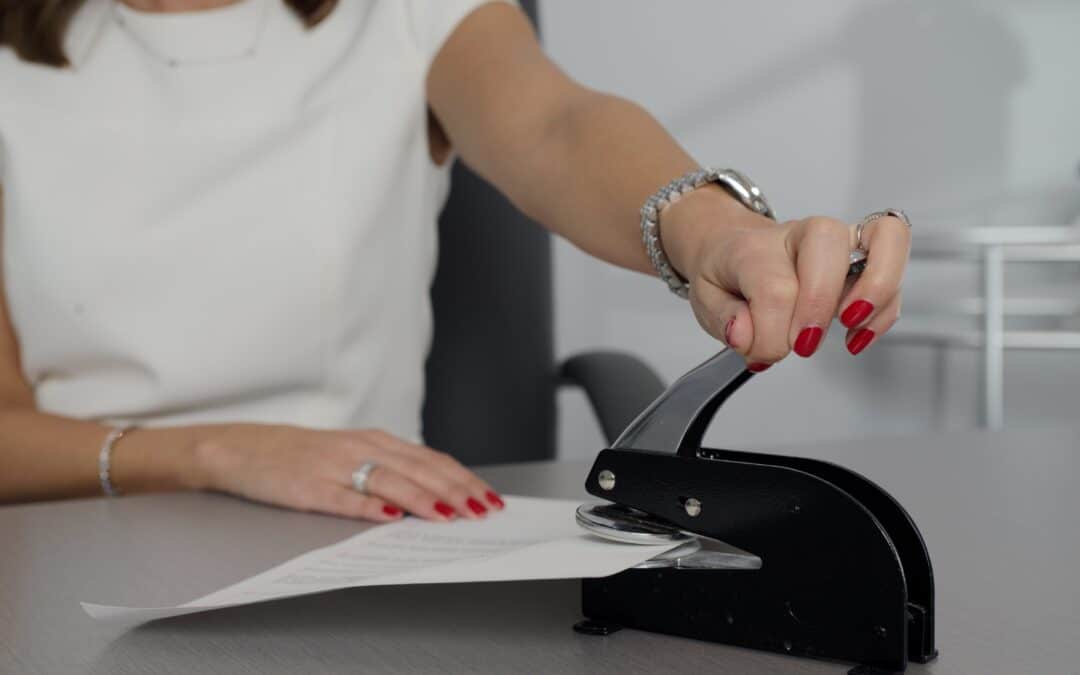Every day, people are arrested and have to post bail to get out of jail. But sometimes, the judge may reject their bail for various reasons. What causes this? In this blog article, we’ll look at some common reasons why a judge might reject a bail. Application and what you can do if your application is denied. We’ll explore how judges evaluate an individual’s eligibility for bail and the factors they consider when deciding. Finally, we’ll discuss alternatives to posting bail that can help you avoid incarceration while awaiting trial.
Why Bail is Rejected
There are several reasons why bail may be rejected. The most common reason is that the defendant is deemed a flight risk. If the court believes that there is a significant chance that the defendant will flee before their trial. They are likely to reject bail. Other reasons for rejecting bail can include if the defendant is deemed a danger to society. Or if they are believed to tamper with evidence.
Factors that Contribute to Bail Rejection
There are a variety of reasons why bail may be rejected. Some of the most common factors that contribute to bailing rejection include:
-The accused is deemed to be a flight risk. If the court believes that there is a risk that the accused will flee before their trial. They are likely to reject bail.
-The accused is deemed a danger to the community: If the court believes that the accused poses a threat to the community if released on bail, they are likely to reject it.
-The gravity of the offense: If the crime is severe enough, the court may deem it necessary to keep the accused in custody until trial.
-The strength of the prosecution’s case: If the prosecution has a strong case against the accused, the court may feel there is no need to grant bail.
How to Avoid Bail get Rejected
At the point when you are captured and accused of a crime, the court will set a bail sum. This is the amount you must pay to be released from jail until your trial. If you cannot come up with the bail amount, you may be able to get a bail bond.
A bail bond is when a bail bond agent, such as Dan with Dan’s Bail Bonds, posts the bail for you. You will then owe them the bail amount plus a fee. If you do not show up for your court date, the bail bondsman will lose the money they posted for you and will come after you to get it back.
There are a few things that can cause your bail to be rejected. The first is if the judge believes that you are a flight risk. This means you will not show up for your court date if you are released on bail.
The second reason your bail may be rejected is if the judge believes that you are a danger to yourself or others. This means that there is a good chance that you will commit another crime or hurt someone if you are released on bail.
If your bail is rejected, it does not mean that you will never be released from jail. It just means that the judge wants more information before deciding whether to grant you bail.
Bail Get Rejected Conclusion
In conclusion, it’s essential to understand why bail can be rejected in some instances. The court must consider the accused person’s potential risk to public safety and any other factors that could influence their decision on whether to grant the defendant’s release. Knowing these factors can help you better prepare your case when attempting to secure a bail release for someone you know if ever needed.



